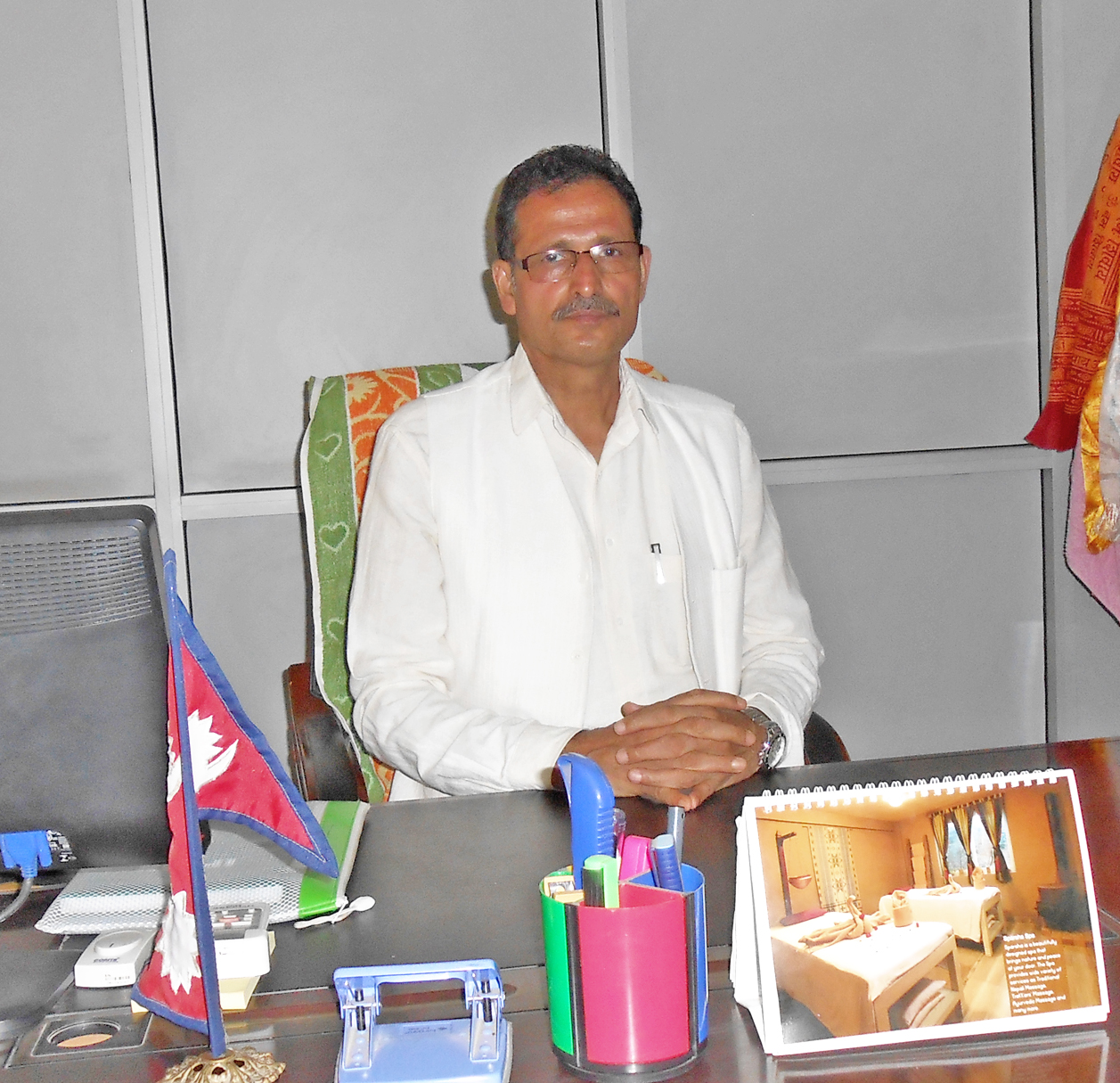NCP urged to reconsider Sapkota’s nomination
Kathmandu, January 25
The International Commission of Jurists, Amnesty International, Human Rights Watch and TRIAL International jointly issued a press release today opposing the candidacy of Agni Prasad Sapkota for the post of speaker. These organisations urged the ruling Nepal Communist Party (NCP) to reconsider Sapkota’s candidacy.
NCP should reconsider Sapkota’s nomination as speaker of the Parliament until there is thorough and independent investigation, the organisations said.
Sapkota has been accused of involvement in the abduction and murder of Arjun Lama in 2005 in Kavre. The case is a subject of proceedings before the Supreme Court of Nepal.
“Nepal authorities should not appoint to high office people under investigation for human rights abuses, when they could interfere with investigation,” said Audrey Oettli, programme manager at TRIAL International.
“Such appointments are yet another illustration of the government’s unwillingness to demonstrate basic commitment to holding perpetrators of conflict-era rights abuses accountable.”
In March 2008, the Supreme Court directed the police to register a case against Sapkota for abducting and killing Lama and investigate. Police did not comply.
The organisations said that in 2010, Australia and the US rejected visa applications from Sapkota due to allegations of serious human rights violations.
These organisations reminded that when Sapkota was appointed information and communications minister in May 2011, the UN Office of the High Commissioner for Human Rights had issued a statement expressing concern, saying that states have a responsibility ‘to ensure that a person is fully cleared after thorough investigation before any appointment to a high public office is announced’.
“The government and political parties in Nepal are increasingly showing they are unwilling, even incapable of delivering truth, justice and reparations to conflict victims,” said Biraj Patnaik, South Asia Director at Amnesty International. “Their signal of impunity will further push victims and activists to seek justice internationally under universal jurisdiction. Instead of putting those suspected of criminal responsibility into positions of power, the government should bring them to justice in fair trials.”
The organisations expressed concern about the decision appointing commissioners to the two transitional justice commissions without adequate consultations and without amending the legal framework to make it consistent with international human rights law and Supreme Court of Nepal rulings.
“Nepal’s leaders know a transparent process is essential to ensure justice and accountability for egregious rights violations during conflict, but they keep trying to protect those responsible for abuses,” said Meenakshi Ganguly, South Asia director at Human Rights Watch. “If the political leadership continues to evade responsibility, they leave little choice for victims, but to approach courts outside the country.”
On 18 January 2020, a committee formed by the government to recommend names for commissioners for the Truth and Reconciliation Commission and the Commission on the Investigation on Enforced Disappeared Persons submitted its nominations despite demands from victims’ groups and civil society that the government first amend the transitional justice legal framework to ensure that it complies with Nepal’s international obligations and is responsive to victims’ concerns.
The government should amend the 2014 Transitional Justice Act to make it consistent with the Supreme Court’s rulings and international human rights standards, the groups said.
“The government’s decision to carry out another rushed and secretive set of consultations fails to respect longstanding demands of victims and civil society,” said Frederick Rawski, ICJ’s Asia-Pacific director. “It also makes it very difficult to take seriously the statements of political leaders that they are committed to supporting a victim-centred and human rights compliant process.”






